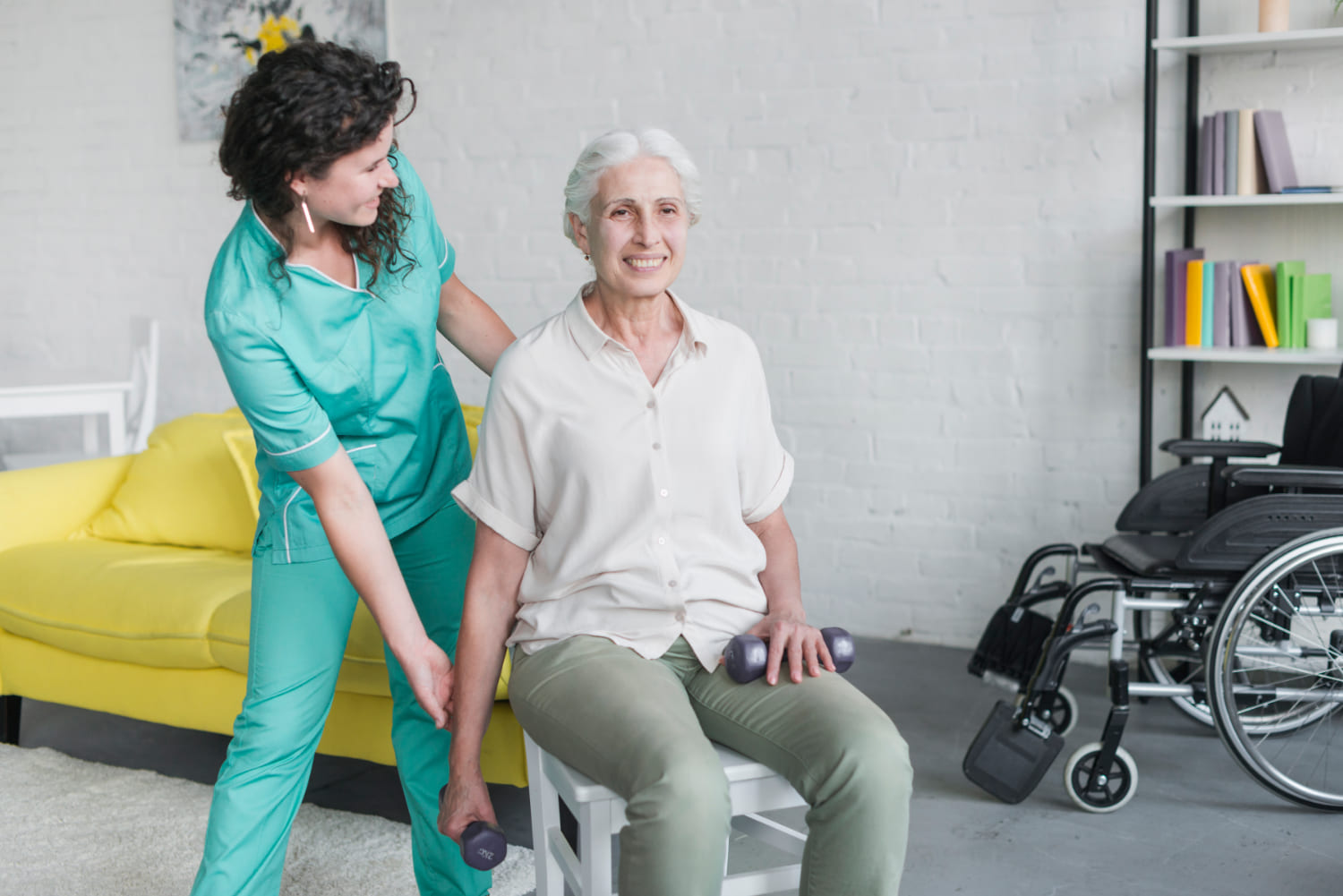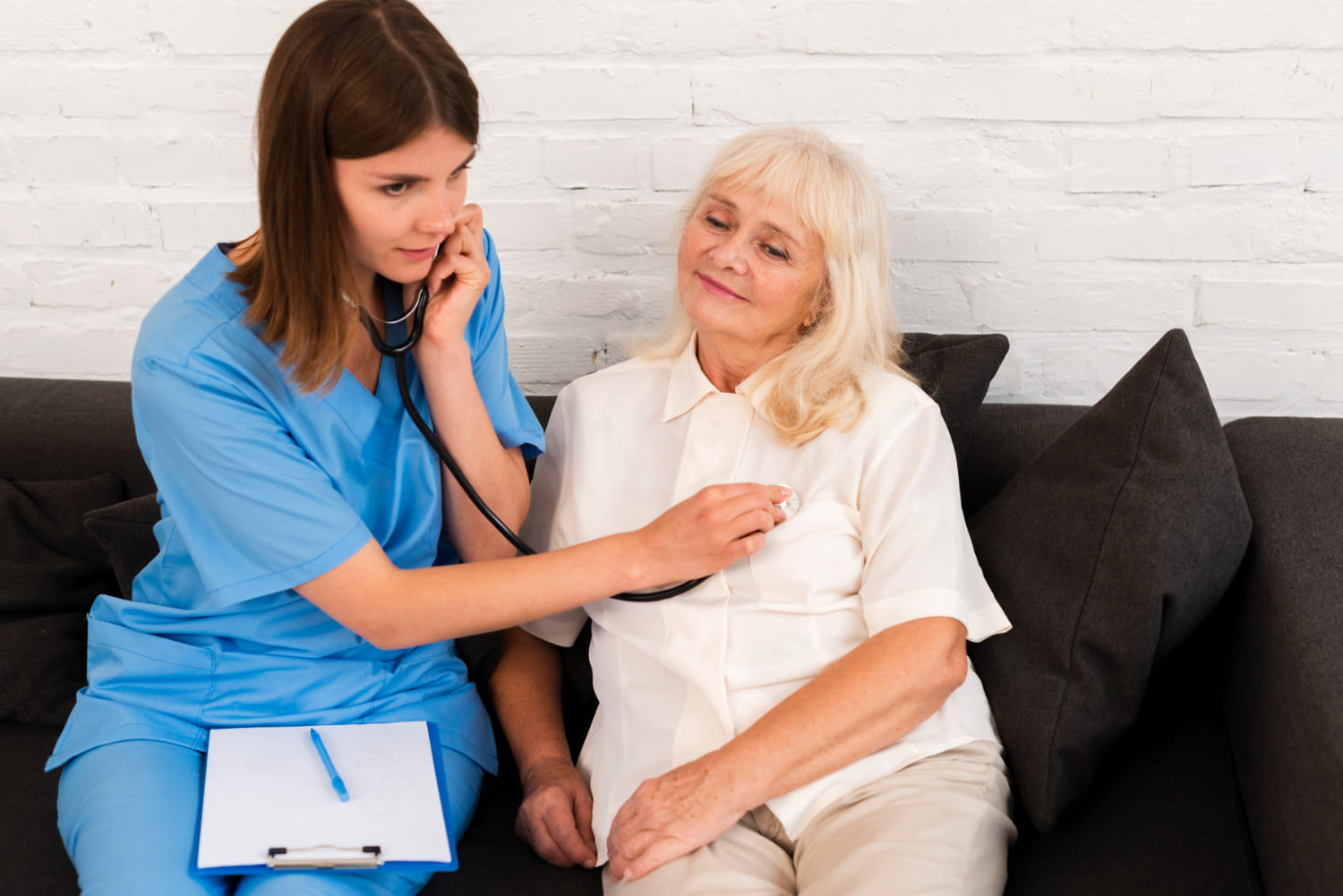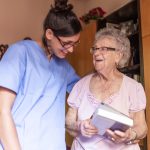Training
Effective Training for Optimal Home Care
Caring for a loved one or patient at home can be a fulfilling yet challenging experience. How can we ensure that home care is truly optimal? The answer lies in effective training. Whether you’re a family caregiver, a healthcare professional, or a committed family member focused on a senior’s well-being, this article is your essential guide.
Here, you’ll discover how to train yourself to offer the best care, the key principles for effective training, and the indispensable tools for home care. No confusion, no unnecessary stress—just practical, proven strategies to transform your daily work.

Why is Training Crucial in Home Care?
To begin, long-term home care services encompass a variety of supports designed to help older adults or individuals with disabilities live independently in the comfort of their own homes. These services can include medical care, assistance with daily activities (such as bathing or cooking), rehabilitation therapies, companionship, and much more. The difference lies in their personalized approach, where the goal is not only to provide physical support but also to protect their dignity, improve their quality of life, and promote emotional well-being.
Benefits of Effective Training
- Confidence: Develop the assurance needed to handle complex medical situations.
- Error prevention: Learn best practices and protocols to avoid accidents or harm.
- Better communication: Gain key skills to connect and communicate with medical professionals and family members.
- Stress reduction: Proper training benefits not only the patient but also reduces your emotional burden by making you feel more prepared.
Effective training is essentially the backbone of optimal home care.
Fundamental Principles for Successful Training
Before diving into specific training techniques, it’s essential to understand the key principles that ensure success.
Person-Centered Approach: Every patient is unique, with different needs. Training should adapt to the specific physical, emotional, and medical conditions of the person being cared for. For example, caring for a patient with Alzheimer’s requires a completely different approach from someone with limited mobility.
Practical Training: Theory is important, but without real practice, concepts are hard to apply. Seek practical learning opportunities:
- Participate in sessions with professionals.
- Practice using medical equipment like blood pressure monitors or wheelchairs.
Constant Updating: Home care is constantly evolving. Stay up-to-date with new techniques, technologies, and protocols. Enroll in periodic courses or refresher workshops to make a difference.
Clear and Effective Communication: Learning techniques is not enough. Knowing how to communicate your observations or concerns with other caregivers or family members is key to maintaining consistent care and improving the quality of life.

Key Skills for a Home Caregiver
A home caregiver should be more than an assistant. They should be a problem solver, a confidant, and sometimes a leader.
Basic Medical Skills
- Vital signs monitoring: Learn to measure blood pressure, pulse, and oxygen saturation.
- First aid and CPR: These skills can save lives in emergencies.
- Safe medication administration: Understanding doses, schedules, and possible side effects is fundamental.
Empathy and Emotional Skills: Home care is not just about the physical; it also touches the heart. Stay receptive and understanding of the emotional needs of the person you care for, creating a supportive and trusting environment.
Time Management: Establish organized routines that include both care responsibilities and your own needs. A burnt-out caregiver cannot provide the best care.
Preparation and Emergency Management: A good caregiver knows how to react immediately. From identifying medical warning signs to calling the doctor or emergency services, being prepared is crucial.
Indispensable Tools and Resources
Training isn’t complete without the necessary tools and resources to enhance your ability as a caregiver.
Technology for Home Care
- Medication reminder apps: Tools like Medisafe help schedule and supervise medication intake.
- Doctor video calls: Telehealth platforms like Teladoc allow quick consultations without travel.
- Digital diaries for caregivers: Apps like CaringBridge facilitate tracking daily observations.
Training Courses and Programs: Some organizations offer certified programs for caregivers. Look for options like those from the Red Cross or online courses from platforms like Coursera or Udemy.
Support Networks: A caregiver should never feel alone. Join online communities or local groups where you can share experiences and receive emotional support.
Best Practices in Home Care
Knowing how to care is just one part, but it’s also about knowing how to do it effectively, organizedly, and sustainably.
- Establish a clear daily routine: Consistency is key to maintaining both physical and psychological well-being.
- Encourage autonomy when possible: Help the patient maintain independence in whatever they can.
- Take care of your emotional well-being. Remember that a rested and healthy caregiver is more effective.
- Seek help when necessary. Don’t try to do everything alone. There are resources and people who can provide support.

How to Start Your Training
Now that you have a better understanding of what optimal home care entails, what’s the next step?
Assess your specific needs and look for training resources that fit your situation. Don’t be afraid to ask for help or invest in your training. Remember, a better caregiver means a better life for the patient.
Additionally, consider certifications. While not mandatory in all cases, they add credibility and enhance your prospects, especially if you are a healthcare professional.
Transformed Home Care
Effective training is not a luxury; it’s a necessity. Ensuring optimal home care requires effort, dedication, and constant learning.
Whether you’re a family caregiver taking on a new responsibility or an experienced professional seeking improvement, the journey always begins with a step forward.


